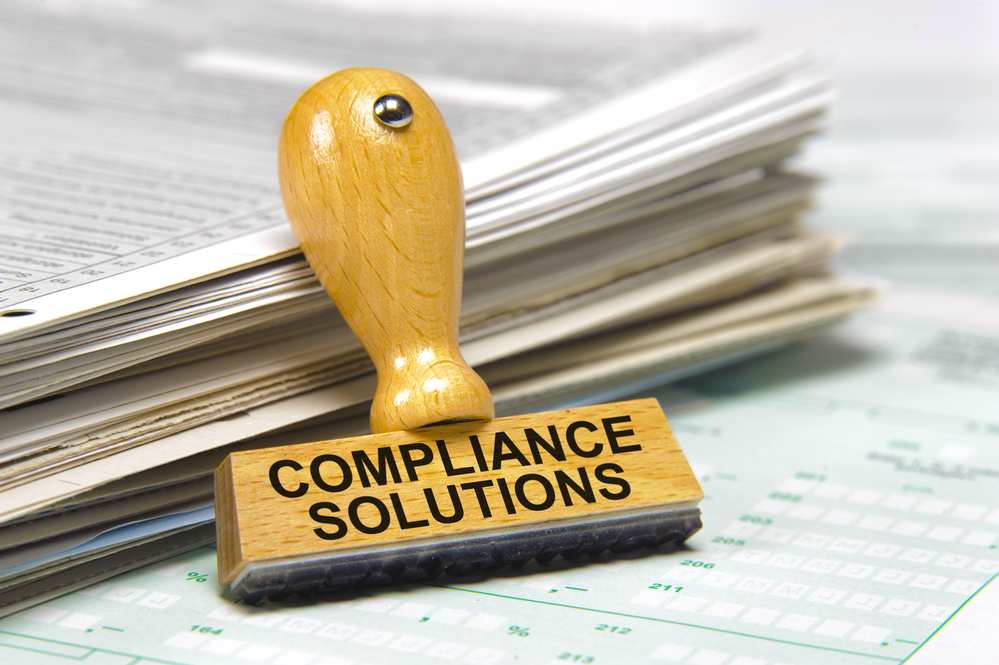Getting started as a government contractor can involve jumping through even more hoops than starting a new business. All government contractors are required to meet DCAA compliance standards, but understanding those regulations—much less actually meeting them—can take an Olympic effort. Many first-time government contractors encounter DCAA compliance issues when they’re attempting to break into government contracting. Here are some of the most common issues first-time contractors experience, and how you can work through them.
Evaluating Your Accounting System
The DCAA’s primary focus is on contractors’ accounting systems, and there are a great deal of regulations that you’ll need to meet in order to pass a DCAA audit in this area. Your system must follow Generally Accepted Accounting Principles (GAAP), which provide specific requirements for how financial transactions must be accounted for, measured, and recorded.
One example is the requirement to report your costs and revenues on an accrual basis; if you’re currently reporting on a cash basis, you’re already uncompliant with DCAA requirements. In addition to following GAAP, you’ll also need to get your system aligned with FAR 31, Contract Cost Principles and Procedures. A few examples of compliance requirements under FAR include:
- Tracking direct, indirect, and unallowable costs separately
- Tracking direct costs by contract, rather than by client
- Allocating indirect costs in a reasonable manner, based on benefits to the contract
- Monthly calculation and monitoring of indirect cost rates
Keep in mind that these are just a few of the common hang-ups that new contractors encounter when trying to get their accounting system aligned with the DCAA. There are many more, and it’s important that you familiarize yourself with the DCAA audit checklist if you hope to pass.
Configuring Quickbooks
Quickbooks is a common accounting solution for small businesses, and while it can be configured to align with DCAA requirements, it takes a bit of work on your part; Quickbooks is simply not designed to meet FAR and DCAA standards on its own. You’ll need to look into add-on components and different ways to set up for timesheets, payroll, contracts, employees, funding, and more to make compliance possible.
Evaluating Your Labor System
Your accounting system is only as accurate as your labor information, which is why there are strong DCAA and FAR requirements for your labor system as well. Here are a few of those requirements:
- Timesheets must be completed daily by the employees themselves, then approved by a supervisor.
- Your timekeeping system must be able to identify employee labor by contract.
- Your system must be able to charge direct and indirect labor costs to appropriate contracts.
- Information on your systems must be able to reconcile with one another (e.g., labor cost records reconcile with payroll, labor distribution records reconcile with general ledger accounts and job cost reports, etc.)
Assessing Your Billing System
A DCAA-compliant billing system has clear, written policies outlining the process for identifying unallowable costs and will exclude them from the invoice. Additionally, your system must be able to reconcile billed costs to cost accounts.
Establishing Monitoring and Review Practices
Finally, one aspect of DCAA compliance that most new contractors overlook is in regards to your monitoring and review practices. You must have established policies and procedures that are backed by periodic management review to ensure those policies are being followed. You should also be habitually monitoring accumulated expenditure again contract costs or price.
What’s the Best Way to Become Compliant?
So, with all this being said, what’s the best way to overcome these hurdles and become DCAA compliant quickly? The best route you can take to compliance is to work with an accountant who is experienced in meeting these complex government standards for accounting. At Peter Witts CPA, we specialize in helping government contractors follow DCAA- and FAR-compliant accounting practices, and bringing your accounting system into alignment with these requirements. We’ll help you to become compliant quickly, as well as educating you on these standards so you can feel confident in your company’s accounting methods.
When you’re audited by the DCAA (which happens to every government contractor), we’ll help you ensure that the audit process goes smoothly, and you can pass it without any trouble. If DCAA compliance is preventing you from bidding on lucrative government contracts, contact Peter Witts CPA today to see how we can help you overcome those obstacles. Contact us today to schedule a consultation with one of our accounting experts!

